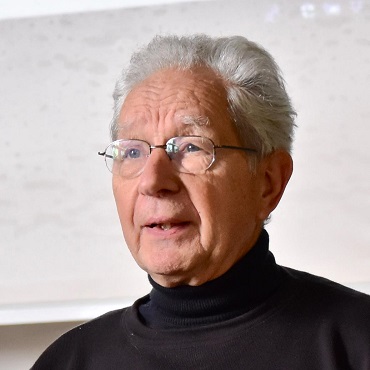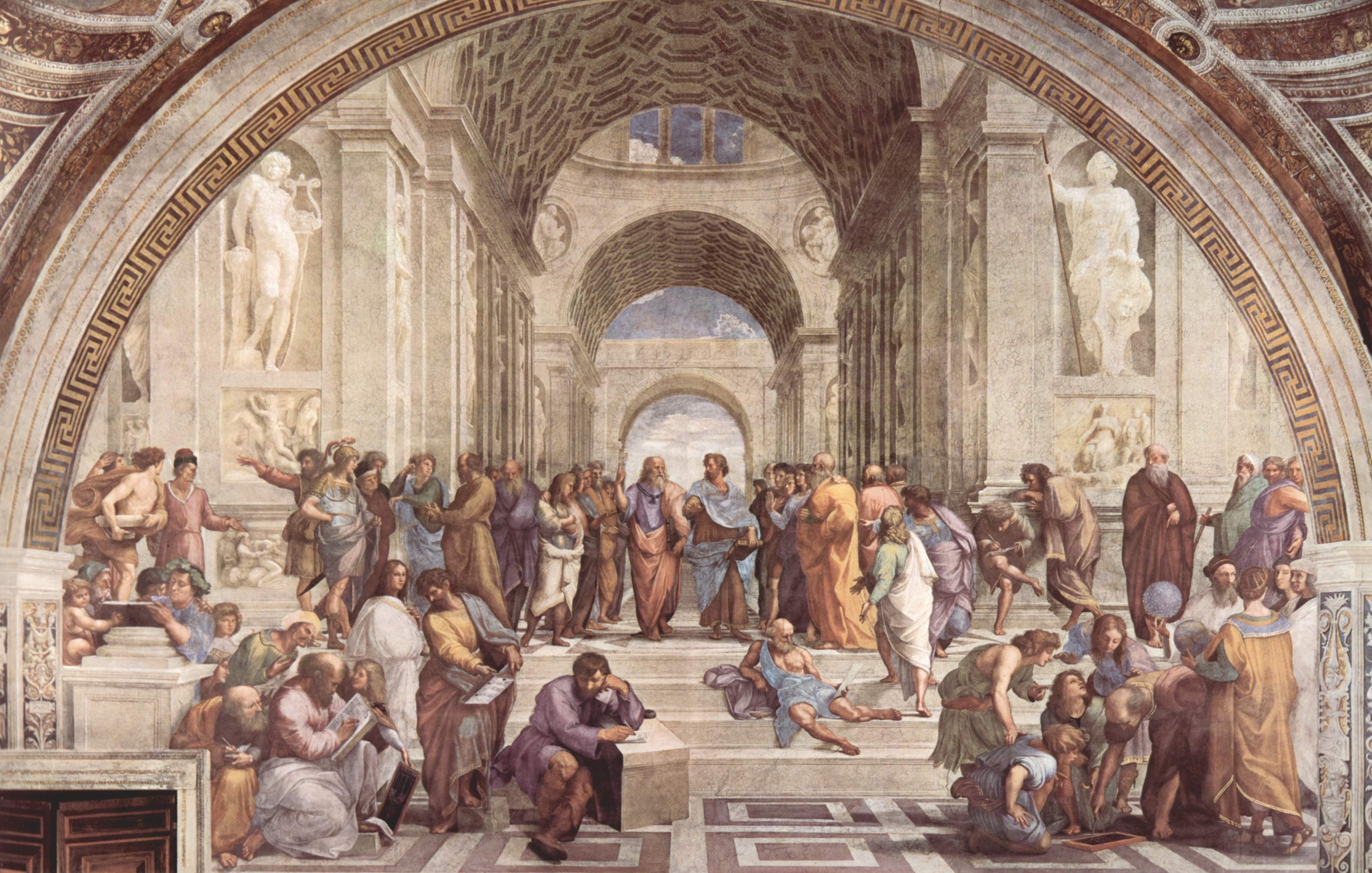OPINIONS
Anna-Kynthia Bousdoukou
September 30 2022
I’m returning from an assembly, the municipal town meeting. They talked about democracy, in fact, about democracy and its relationship to dialogue and theater. The speaker was truly inspired. A proper orator indeed. He said that these three concepts are interconnected, like the three Moirai, who determine the fate of the country and of humanity in the future. None can exist on its own.
He said:
- What is democracy without the exchange of views and ideas? Without dialogue?
- A monotonous monologue of totalitarianism.
- What is dialogue without a willingness to listen to the other person and a readiness to change your mind?
- A sterile confrontation with disagreements from beginning to end.
- And where is the culture of dialogue being taught?
- In the theater and in dramatic plays, where the opinions of the stage characters are transformed and synthesized and disagreements and conflicts find resolution.
None of these three can act alone without dire consequences for the world. Democracy without dialogue and theater, and theater without dialogue and the democratic principle.
The dramatic poet is the quintessential advocate of democracy: they divide their opinions among various stage characters.
What is democracy? A complex, fragile, and difficult political system—the best by common consent—based on the fragile balance of personal freedoms of the individual and their limitation so that the personal freedom of all others is guaranteed and protected.
This requires vigilance, collective responsibility, tolerance, discipline, and a constant concern for the common good. It excludes unrestrained egotism, anarchic and reckless action, delinquency, and unbridled ambition, as well as privileges not based on exceptional abilities. It is based on common values, decent behavior, fairness, the free movement of ideas, and their free expression, it presupposes equal rights for all and the willingness to engage in dialogue in order to find the best and fairest solutions.
And what is dialogue, based on the principle of free expression, the possibility of communication, and the circulation of ideas without boundaries and borders; based on dialogicity and dialecticity, perhaps even on humanistic meditation?
Freedom of expression becomes tyranny and coercion when it restricts the freedom of expression of the other. It is a delicate balance that requires discretion, attention, tolerance, respect for others—a value that becomes all the more delicate the more complex and multi-human a society is.
The forum in which fruitful dialogue takes place is a fundamental asset of democracy. It is a strategic point, perhaps the most crucial strategic point for future civilization, which is called upon to deal with situations of incredible complexity. Dialogue is not consultation, which is preliminary and fragmentary. Dialogue is open to the critique of what currently exists—a valuable critique, as it translates to salvaging an alternative solution; resistance to the fait accompli; and the transcendence of the routine, the straightforward management of crises. It offers a perspective that may be needed in the future.
What is such a dialogue? First of all, to listen; then, to communicate; to understand; to reach an understanding. It is not merely to speak. The monologues must be crossed in order to have a dialogue. Dialogue is a crossroads. Dialogue is the constitutive element of drama, both theatrical and social. Dialogue is often also conflict; but verbal conflict is already the first step in synthesis, which unites and transcends opposites. Monologue is the dictatorship of one, even if it is a confession or an apology. Dialogue means conflict with difference and the dialectic of synthesizing opinions, perspectives, and points of view.
Communication is an art; it requires both the courage of opinion and the courage to change opinion. The opposite of right is not always wrong; it can be another right. Dialogue is a creative process without end, leading to an increasingly multidimensional reality with infinite alternatives; without these solutions, the future of the state looks bleak, perhaps even disastrous.
Dialogue means sociability; it is the basis of friendship, love, family, society, and democracy. But it is also the main and most valuable survival strategy of the human race. It is the “safety valve” against individual isolation and against the imposition of a single, one-dimensional reality. If we do not talk to each other, we do not learn; if we do not learn, we do not understand; if we do not understand the new, we repeat the old; if we repeat only the old, we die. In death everything is the same and equal; life equals variety and diversity.
In order to rectify, you have to know—to know something other than what exists; or imagine or dream it. The value of political visions, social utopias, and artistic creations lies in their contrast with the existing and the current.
Democracy, dialogue and theater have future challenges ahead of them which require imagination and daring—scientific, artistic, and political imagination. Every voice is valuable.
Dialogue can only take place under the sun, in the mind and in the heart, under a bright light and with a view, enabling us to see far—and while walking, not confined to one position, to one opinion, to one point of view, moving, with an open mind and an open soul. Until movement turns to emotion, inclination to convergence, position to synthesis. Until voices come together to become a symphony.
*Excerpt from the chapter entitled “Angelic Verse on Democracy” in W. Puchner’s The Book of Texts [Το βιβλίο των κειμένων], Athens, OTAN publications, 2021, pages 38-48



